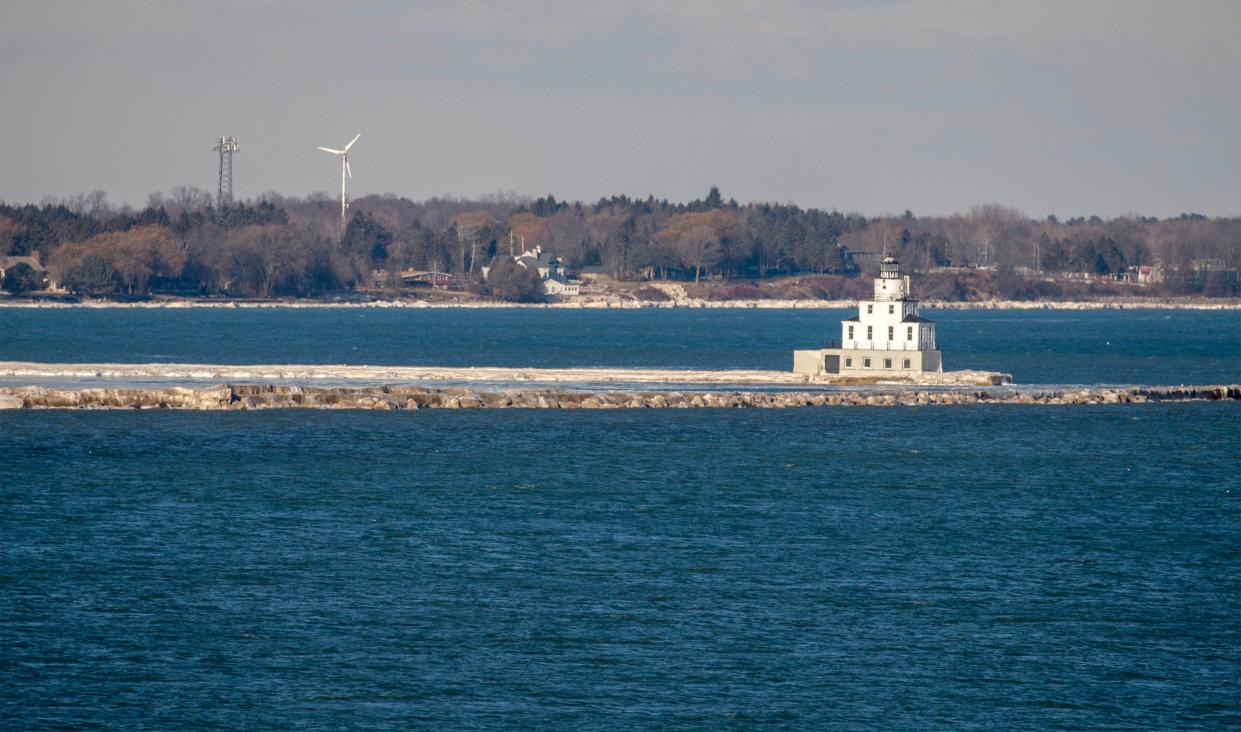Are there PFAS in Manitowoc's drinking water? Here's what you should know about the 'forever chemicals'

MANITOWOC - The last time Manitowoc Public Utilities tested the water for a group of man-made chemicals linked to cancer was in 2015.
PFAS, or per-and polyfluoroalkyl substances, are a group of thousands of man-made chemicals that have been used in many everyday items since the 1950s, according to the Wisconsin Department of Health Services.
They are often referred to as “forever chemicals” because once in a person’s body, they never break down.
Some of the most common items these chemicals are found in include firefighting foam, nonstick cookware, water-repellent clothing, stain-resistant carpets, cleaning products and shampoo.
Exposure to these chemicals has been linked to an increased risk of cancer, reproductive and developmental problems, thyroid hormone disruption, high cholesterol, and a weakened response to vaccines, according to the DHS.
In records obtained from Manitowoc Public Utilities, a sample taken from the filter plant entry point on March 17, 2015, showed the results for forever chemicals were under detection limits. MPU uses water taken from Lake Michigan.
However, there has been at least one site known to have found PFAS in Manitowoc — the site of Skana Aluminum.
In November, the manufacturer announced they had notified the state of the presence of PFAS on its property. According to a news release, Skana does not use any PFAS in its processes, so they believe the contamination was left by businesses previously on the site.
Tramontina U.S. Cookware was previously at that site, but moved its operations to Brazil in 2019. They had been there since 2005 and Mirro Aluminum Co. occupied the site before Tramontina.
More than 50 other municipalities in Wisconsin have discovered a PFAS contamination, including Marinette, Peshtigo, Milwaukee, Madison, Eau Claire, La Crosse and Rhinelander.
The latest city to discover contamination is Wausau. In February, Wausau Water Works announced they had found high levels of PFAS in all six of the city’s drinking water wells. The Water Works serves 16,000 customers in the Wausau area.
Three weeks ago, the Natural Resources Board voted to approve drinking water standards at 70 parts per trillion, despite suggestions from both the DNR and DHS for 20 parts per trillion. The DNR has been working to create the standards since 2019 through extensive research and water sampling.
Contact Alisa Schafer at aschafer@gannett.com. Follow her on Twitter at @AlisaMSchafer.
This article originally appeared on Manitowoc Herald Times Reporter: Manitowoc PFAS: What to know about forever chemicals in drinking water

